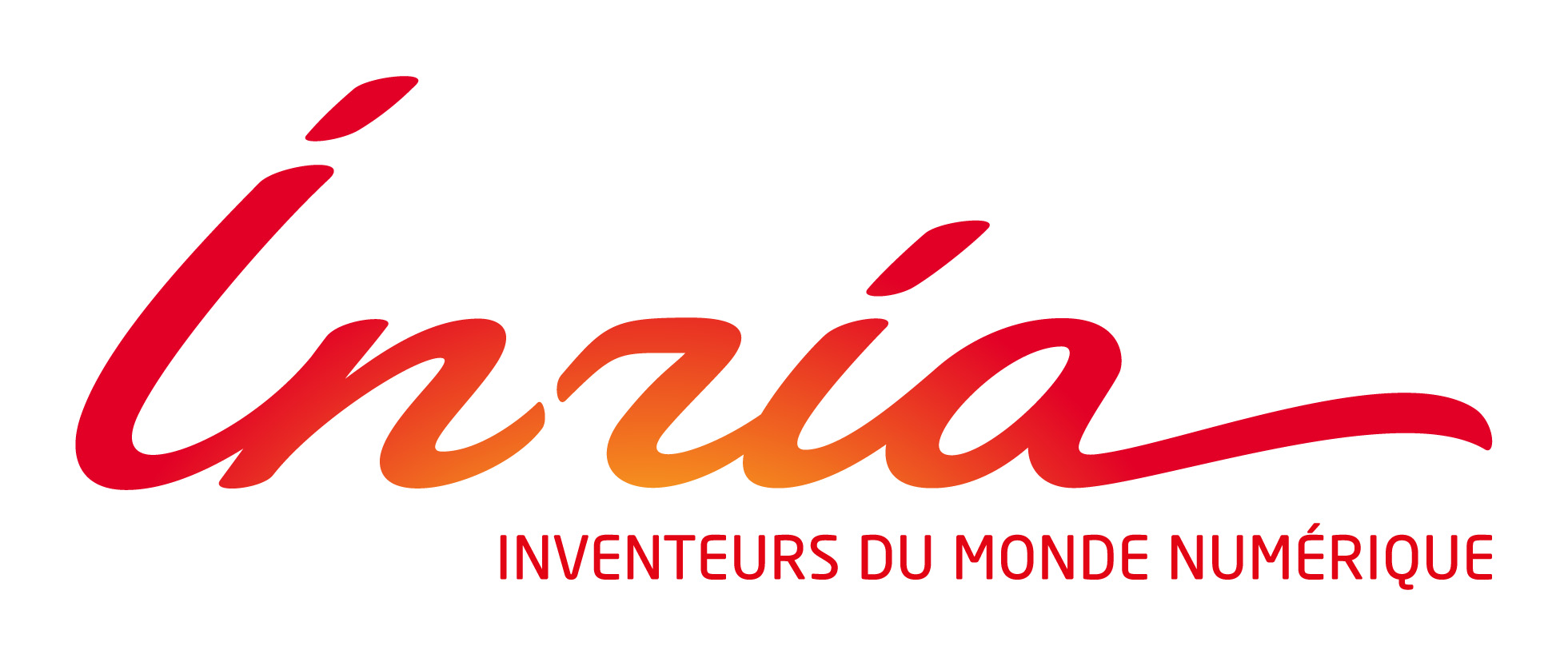Abstract :
The network neutrality debate originally stems from the growing traffic asymmetry between ISPs, questioning the established peering or transit agreements. That tendency is due to popular content providers connected to the network through a single ISP, and whose traffic is not charged by distant ISPs. We propose during this talk to review the economic transit agreements between ISPs in order to determine their best strategy.
We define a model with two ISPs, each providing direct connectivity to a fixed proportion of the content and competing in terms of price for end users, who select their ISP based on the price per unit of available content. We analyze and compare thanks to game-theoretic tools three different situations: the case of peering between the ISPs, the case where ISPs do not share their traffic (exclusivity arrangements), and the case where they fix a transfer price per unit of volume. The impact on the network neutrality debate is then discussed.
Based on a paper which can be downloaded at http://hal.inria.fr/hal-00659278/fr/

